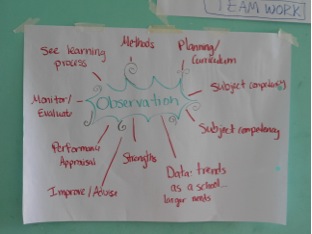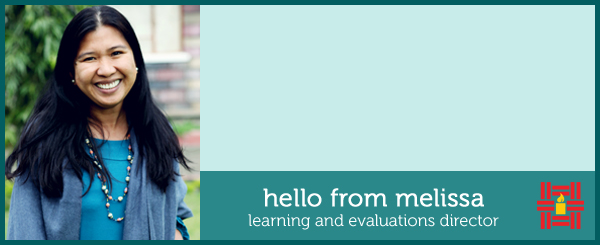
Hello from Tanzania!
As a follow up to the monitoring and evaluation training that we facilitated for our partner schools in December of 2012, TFFT hosted a capacity-building training for school leadership (heads of school and school managers). This training focused on teacher supervision, which is an enduring challenge of the Teacher Training Program. Being a one-man team, it is hard for me to do regular observations at our many partner schools, and school leadership is not typically involved with classroom observations and teacher supervision. This combination of challenges made me decide to ease up on the in-service teacher training a bit in the last quarter of 2012 and to instead re-strategize and focus on building the capacity of school leadership.
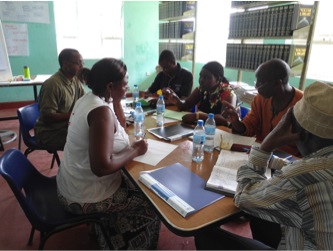
Participants drafting observation and supervision tools as a group.
Part of the problem is that in Tanzania teacher supervision is seen as the government’s responsibility. The School Inspectorate within the Ministry of Education and Vocational Training run inspections to oversee the efficiency and effectiveness of schools and teaching instruction. However, these inspections happen so infrequently (for some schools, only once every two years or even four years!) and the inspection results are not adequately shared with school managers, teachers, and the general public. For these results to truly affect positive changes in the delivery of education in schools, they must be shared and acted on accordingly. Each school’s administration must understand the value in this!

Supervision is key to motivating and inspiring teachers – this is one of the discussion outputs during the training.
Responses from the participants when asked why observations are so important.
Therefore, the main goals of the teacher supervision training were to help the heads of the schools understand what supervision is, its purpose, and its value to their schools and their teachers. Kelli Bee, an American teaching at St. Constantine’s International School in Arusha, facilitated the training. Kelli and I first met back in 2010 when she was the country director for AfricAid. Part of Kelli’s impressive background was working with Peace House Secondary School as a Professional Development Coordinator. As the Professional Development Coordinator, she worked mentoring teachers in student-centered instruction and conducted formal and informal class observations, so she was a huge asset to this workshop.
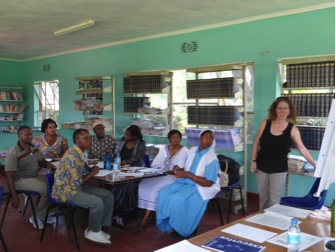
Kelli Bee facilitating a discussion.
The 2-day training engaged 13 heads of schools in discussions about the different forms and processes of supervision and the identifying indicators for supervision. The participants used role-playing to practice their positive communication in a mock classroom setting. The attendees were thankful for the training and committed to implementing all they had learned into their schools. I am looking forward to seeing this undertaking bear fruits for the benefit of the learners.
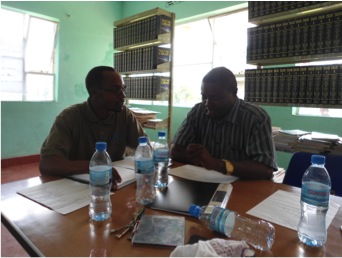
Father Edward Shefre of Star High School and Mr. Malisa of Usa River Academy in a role-play on use of positive communication during conferencing with a teacher after a supervision session.
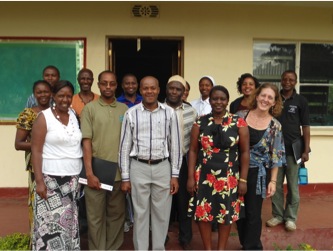
The proud participants of the workshop with Kelli Bee!
